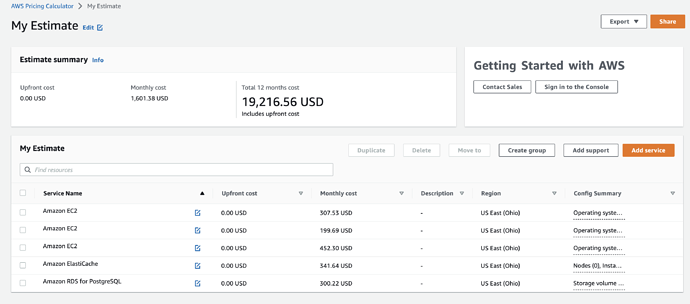So based on that set up its around $20k USD per year, which wouldn’t include networking costs or a staging environment. On top of that operators would most likely expect some type of compensation so 2-3x’ing the cost to $40-60k doesn’t seem outlandish.
I’m not too up to date on DAO treasury grant sizes, but this certainly seems feasible!
